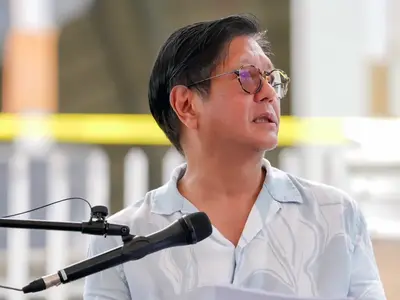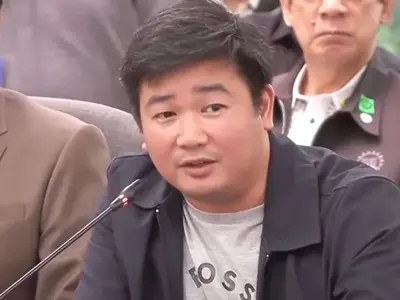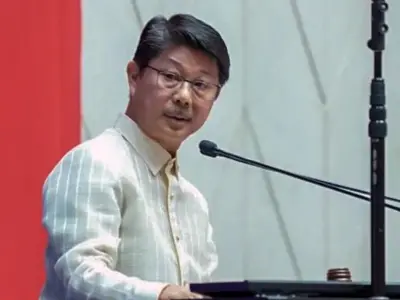
THE National Security Council (NSC) on Thursday revealed indications of Chinese interference in the Philippines’ upcoming 2025 midterm elections.
This disclosure came during a Senate hearing focused on submersible drones and alleged Chinese espionage activities within the country. The revelation underscores growing concerns about foreign influence in Philippine political processes and the potential for destabilization.
The statement was made by NSC Assistant Director General Jonathan Malaya in response to a direct question from Senate Majority Leader Francis Tolentino.
Tolentino, concerned about the potential for foreign interference, specifically inquired whether the NSC had observed any signs of such activity targeting the 2025 elections. Malaya’s affirmative response immediately heightened the tension in the hearing, prompting further questioning and a demand for more detailed information.
While the NSC did not publicly specify the nature of the alleged interference, the confirmation itself carries significant weight.
The NSC’s role in safeguarding national security positions it as a credible source, lending credence to the claims of Chinese meddling. The lack of specific details, however, leaves room for speculation and further investigation. The Senate hearing is expected to continue, with further inquiries planned to uncover the full extent of China’s alleged involvement.
The timing of this revelation is particularly sensitive, given the ongoing geopolitical tensions between the Philippines and China.
These tensions are largely centered around territorial disputes in the South China Sea, but the alleged electoral interference suggests a broader strategy of influence-peddling. This development could significantly impact the upcoming elections, potentially influencing public opinion and the outcome of the polls.
The Philippine government has a responsibility to ensure the integrity of its electoral processes. The NSC’s disclosure necessitates a robust response, including a thorough investigation into the alleged interference and the implementation of measures to prevent further meddling.
This could involve enhanced cybersecurity measures, stricter campaign finance regulations, and increased public awareness of foreign interference tactics.
The international community will also be watching closely. The Philippines’ assertion of Chinese interference raises broader concerns about the integrity of democratic processes in the region and the potential for similar actions in other countries.
A strong and transparent response from the Philippine government is crucial not only for domestic stability but also for setting a precedent in countering foreign interference in democratic elections.



